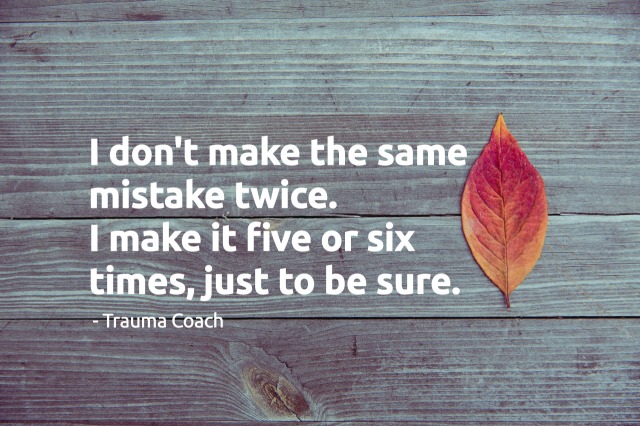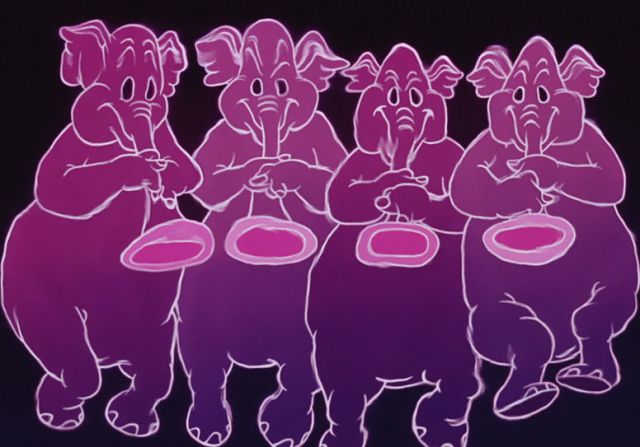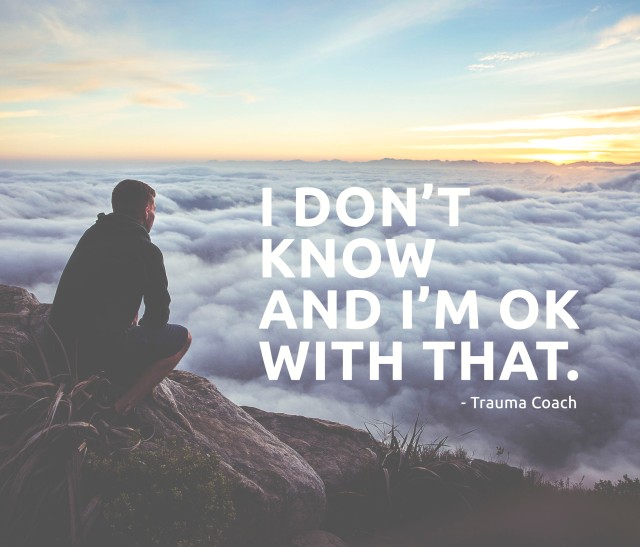The five essential elements that trigger natural emotional stimulation come from the hunter-gatherer lifestyle. The need to carry out an outdoor, physical and social activity in a natural environment, is still hard-wired into our emotional framework. We would have not survived or evolved into who we are today if it weren’t for the fact that we are designed to cope with such challenging emotional stimulation. So, what are the five factors essential to emotional health.
1. Outdoor Activity

Outdoor conditions stimulate our senses and trigger our survival instinct. Exposure to sunlight has a direct impact on our sleep habits. Additionally, we have forward-facing eyes, designed to accurately judge distances near and far. This visual stimulation is essential to our emotional wellbeing.
Technology stimulates our perception of outdoor environments. TV is the perfect example, offering our visual and auditory senses emotional stimulation through light, sound and perception of distance and depth. However, we know that this isn’t reality. And so the longer we are exposed to an outdoor environment that provides a similar, yet genuine stimulation, the better off we are emotionally.
2. Natural Environment

Nothing stimulates our senses or our survival instinct like ‘raw exposure’ to nature itself – Disneyland doesn’t count. An outdoor environment alone is not sufficient to drain our emotional quota. Nature offers a unique variety of solid, liquid and gaseous biospheres in a dynamic and unpredictable setting, which is excellent for our emotional wellbeing.
We’ve been living in cities for less than 10,000 years, compared to the 1.8 million years we lived as nomads in hunter-gatherers societies, exposed to raw, natural environments. Today’s lifestyle choices disconnect us from this natural emotional stimulation. The more exposure to natural environments, the better off we are emotionally.
3. Social Activity

By nature, humans are social creatures. This intrinsic characteristic has contributed not only to our survival but also to the evolution of our intelligence. Socialising requires a complex brain designed with the emotional capacity to empathise, communicate, grow and contribute to society. Socialising is crucial to our emotional wellbeing, but technological socialising doesn’t provide the same outcome.
- Empathy – When we connect on an emotional level, we improve our life experience. In general, when we share a positive experience, the emotional impact is magnified and when we share a negative experience, the emotional impact is diluted. Sharing itself does wonder: therapy and support groups are founded on this principle.
- Communication – Technology has improved our communication, but it doesn’t provoke the same emotional experience offered by face to face – verbal and nonverbal – communication. The emotional impact generated by human touch and natural communication is essential to our emotional wellbeing.
- Growth – Constant growth is possibly the most important requirement of our survival instinct. We are designed to grow as individuals, and as a social group, with our ever-changing environment. If our social expectations match our emotional aspirations, we feel fulfilled and this is crucial to our emotional wellbeing.
- Contribution – We have an innate perception of “I’m not enough”. When we are exposed to natural emotional stimulation, this perception is the strongest driving force contributing to positivity in our social environment. However, when we are not exposed to natural emotional stimulation, the perception of “I’m not enough” causes low self-esteem, anxiety and depression.
4. Higher Purpose

Tribalism is still an essential feature of society, despite years of evolution. The behaviour and attitudes that stem from loyalty to one’s own tribe or social group, whether it’s your religious affinity, football team or Pokémon Go team, is strongly linked to our survival instinct. Social gaming exploits this human need, which is essential to our emotional wellbeing. Now you know why you would protect a Pokémon Gym as if your life depended on it.
When we are not exposed to natural emotional stimulation, which is linked to a meaningful social purpose, our survival instinct will express itself through compulsive and addictive behaviour. For instance, with chocolate. You’ll make it a matter of life and death to have that last bite, as if your life depended on it, even though you know you shouldn’t.
5. Physical Activity

Physical activity activates our whole body, but without the prior 4 elements mentioned above, the emotional stimulation will not be the same. That’s why it’s so hard to go to the gym alone.
So, if you want to pump up your emotional wellbeing along with that of your body, try adding social value to your workout in a natural environment for at least 1 hour per day. There are few natural highs better than going out for an intensive workout in a social environment with a common purpose in mind.
To better understand our emotional wellbeing, we must assume that our brain is wired to drain a negative emotional quota periodically. If we don’t drain it through natural stimulation, including the five elements quoted above, we will drain it through negative thinking and meaningless drama. So, next time you feel irritated, ask yourself, when was the last time you were exposed to natural emotional stimulation.











